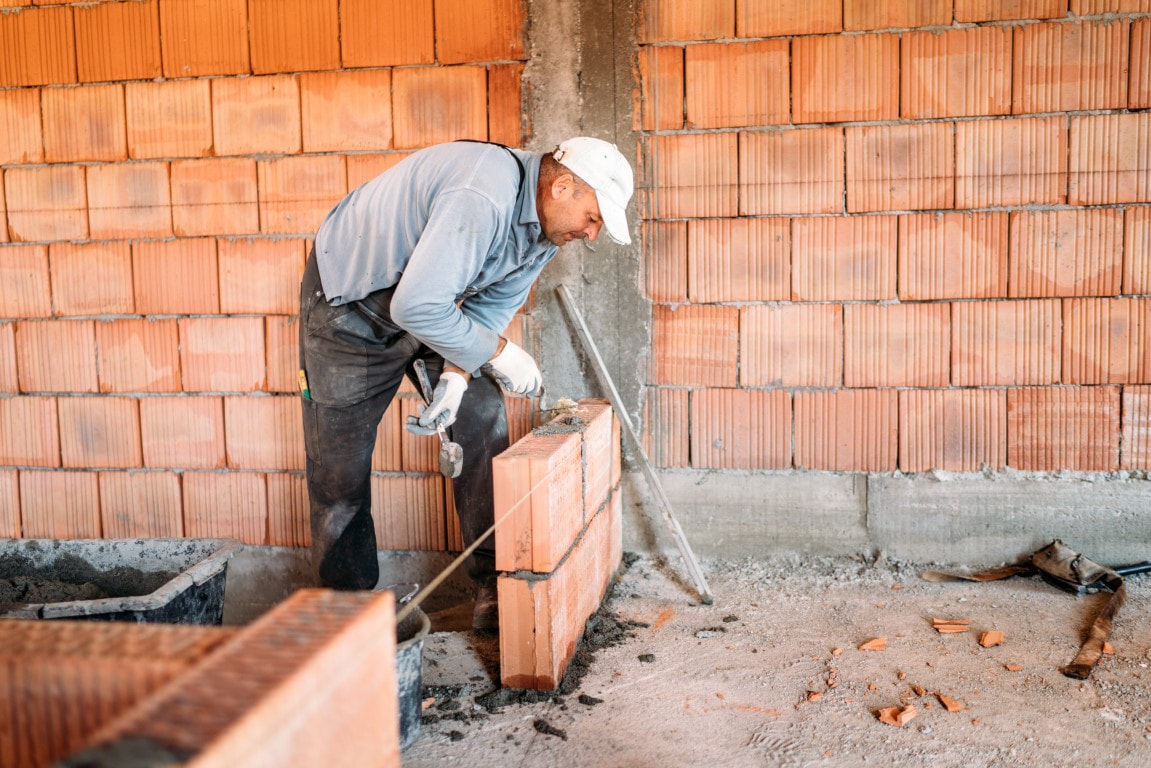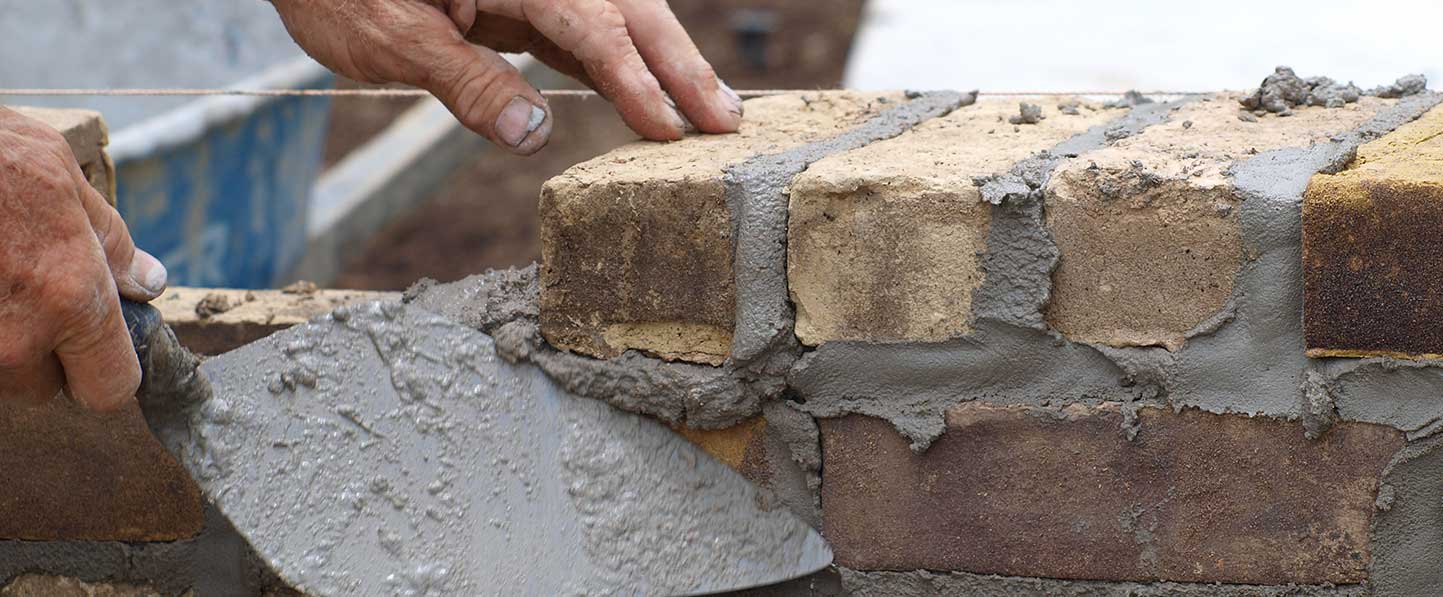Unlocking the Keys of Lasting Masonry Building Practices for Eco-Friendly Structures
Amongst the myriad methods to green building, lasting masonry building and construction stands out as a time-tested and sturdy technique that holds a wealth of untapped capacity. From the choice of products to ingenious building strategies, the keys to attaining sustainability within masonry building are complex and interesting.
Advantages of Sustainable Masonry Building
Embracing sustainable stonework building methods not only decreases environmental influence yet additionally uses long-term economic benefits to contractors and neighborhoods. By using products like recycled blocks, obstructs, and rocks, home builders can considerably reduce the carbon impact of their jobs while promoting source performance. Furthermore, sustainable stonework building and construction strategies, such as correct insulation and thermal mass homes, can improve energy efficiency within structures, resulting in reduced functional prices gradually.
Moreover, the longevity and resilience of stonework structures add to long-term financial advantages. Buildings created using lasting masonry techniques commonly require much less maintenance and repair service, translating to cost financial savings for home builders and homeowner. The longevity of masonry products also guarantees that frameworks stay steady and secure, decreasing the requirement for frequent renovations or substitutes.
Eco-Friendly Masonry Products
Making use of environment-friendly masonry products is an essential step in the direction of improving the sustainability of building and construction methods and minimizing ecological impact while maximizing lasting economic advantages. Sustainable stonework materials are sourced, generated, and used in a manner that lowers overall ecological effect. Sustainable concrete obstructs integrate recycled aggregates and may include enhanced insulation residential properties, contributing to energy performance in buildings.
Moreover, all-natural materials like adobe, rammed earth, and straw bundles provide exceptional thermal mass homes, minimizing the demand for heating and cooling power. These products are frequently in your area available, promoting regional economic situations and reducing transportation-related carbon discharges. By picking environmentally friendly stonework products, construction jobs can significantly decrease their ecological footprint and contribute to the development of much healthier, more sustainable constructed atmospheres.
Energy-Efficient Stonework Strategies
Energy efficiency plays an essential duty in enhancing the sustainability of stonework building practices. One vital energy-efficient masonry strategy is the use of thermal mass, which entails integrating dense products like concrete or brick right into the building's framework to take in and store warm.

Technologies in Lasting Stonework
Current improvements in sustainable masonry practices have caused innovative techniques that are improving the building and construction sector. One such innovation is the development of self-healing concrete, which makes use of microorganisms installed within the concrete to heal cracks autonomously. This breakthrough not only lowers upkeep expenses but also enhances the resilience of masonry frameworks, adding to their sustainability.
Another notable innovation is using recycled accumulations in stonework building and construction - masonry contractor. By including products such as smashed ceramic waste or recycled glass into concrete mixes, builders can reduce the ecological effect of construction tasks while keeping structural stability. This method not only draws away waste from land fills but also saves natural deposits, making it a crucial advancement in sustainable stonework construction
Moreover, the integration of digital design tools, such as Structure Information Modeling (BIM), is changing the look at this now method masonry structures are planned and created. BIM permits for even more accurate estimations, lowered material waste, and boosted power efficiency, eventually bring about more sustainable building techniques. These innovations collectively symbolize an encouraging future for sustainable masonry building in the age of environmentally friendly buildings.
Future Trends in Masonry Sustainability
With the ingenious strides made in lasting stonework practices, the future patterns in masonry sustainability are positioned to further transform the building market. Among the essential fads shaping the future of stonework sustainability is the increased integration of technology. Innovations such as Structure Details Modeling (BIM) and digital fact simulations are being made use of to maximize stonework construction processes, resulting in decreased material waste and enhanced energy efficiency in buildings.
Additionally, the advancement of novel sustainable materials is set to play a substantial function in boosting the eco-friendliness of stonework construction. masonry contractor. Innovations like self-healing concrete, recycled aggregates, and bio-based binders are acquiring traction for their capability to decrease ecological impact while maintaining structural integrity

Final Thought
Finally, sustainable stonework building and construction practices use numerous benefits for environmentally friendly structures. By using eco-friendly materials and energy-efficient strategies, masonry can add to an extra sustainable constructed atmosphere. Developments in lasting masonry are constantly being created to even more boost the environmental efficiency of structures. Looking towards the future, the pattern of masonry sustainability is expected to expand, resulting in even more eco-friendly and energy-efficient construction practices in the years ahead.